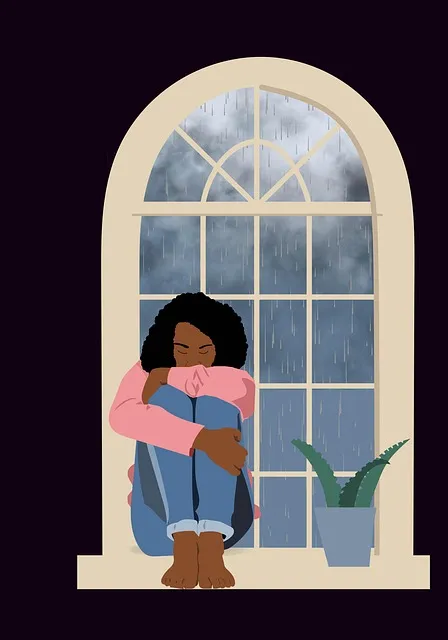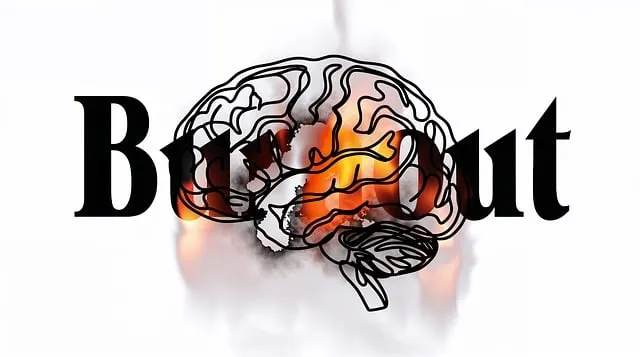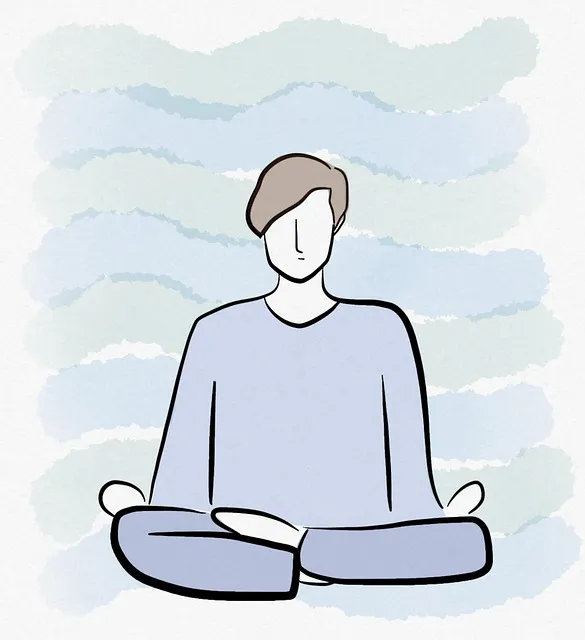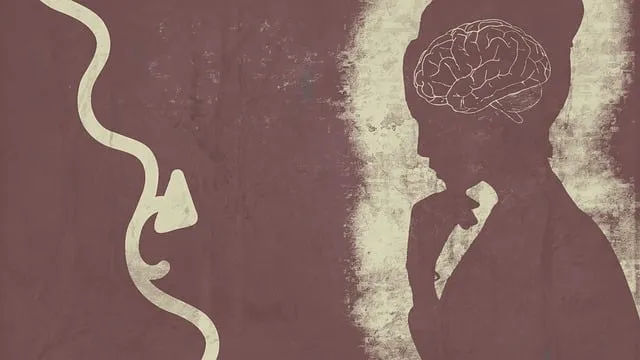Trauma from repeated distressing situations can severely impact mental health. The Aurora Kaiser mental health classes offer a safe space for trauma survivors, teaching empathy, crisis intervention, and resilience-building techniques. These evidence-based practices help process traumatic memories, develop healthy coping mechanisms, and regain control. Classes focus on interactive discussions, stress management, community building, and peer support, empowering individuals in their healing journey. By combining these strategies with public awareness campaigns, Aurora Kaiser classes contribute to comprehensive trauma support and resilience within communities.
Trauma is a significant public health concern, affecting individuals across diverse communities. This article explores comprehensive trauma support services provision, with a focus on the transformative power of Aurora Kaiser mental health classes. We delve into understanding trauma and its far-reaching impact, highlighting the critical role of specialized programs in fostering resilience and community healing. Additionally, we discuss implementing effective support services, drawing upon evidence-based practices to enhance recovery journeys.
- Understanding Trauma and Its Impact
- The Role of Aurora Kaiser Mental Health Classes
- Implementing Effective Support Services
- Fostering Resilience and Community Healing
Understanding Trauma and Its Impact

Trauma is a profound and complex experience that can leave lasting effects on an individual’s mental health and well-being. It’s essential to understand that trauma isn’t just a one-time event but can result from prolonged exposure to distressing situations, such as abuse, violence, or natural disasters. The impact of trauma can manifest in various ways, affecting emotions, thoughts, behaviors, and physical health. Many survivors struggle with anxiety, depression, flashbacks, and difficulty regulating emotions.
Aurora Kaiser mental health classes offer valuable insights into these challenges, focusing on empathy-building strategies and crisis intervention guidance to support individuals navigating trauma. These classes emphasize the importance of creating safe spaces where survivors feel understood and empowered. By incorporating resilience-building techniques, participants learn to cope with traumatic memories, develop healthy coping mechanisms, and gradually rebuild their sense of safety and control.
The Role of Aurora Kaiser Mental Health Classes

The Aurora Kaiser Mental Health Classes play a pivotal role in trauma support services by providing a safe and supportive environment for individuals to learn and grow. These classes focus on fostering resilience, teaching effective coping strategies, and promoting self-care practices – essential elements in navigating the complexities of trauma recovery. Through interactive discussions and evidence-based techniques, participants gain valuable insights into managing stress, overcoming mental illness stigma, and cultivating a sense of well-being.
The program’s approach extends beyond mere information dissemination, emphasizing community building and peer support. By connecting individuals with shared experiences, Aurora Kaiser classes encourage open conversations, reduce social isolation, and foster a culture of understanding and empathy. This holistic approach not only enhances the effectiveness of trauma support services but also empowers individuals to become active agents in their healing journey.
Implementing Effective Support Services

Implementing effective trauma support services requires a multifaceted approach, and Aurora Kaiser mental health classes stand as a beacon of hope for many. These classes are meticulously designed to cater to individuals who have experienced traumatic events, offering them the tools necessary to navigate their journey towards healing. The curriculum often incorporates evidence-based practices such as Cognitive Behavioral Therapy (CBT), Eye Movement Desensitization and Reprocessing (EMDR), and Mindfulness techniques, which have been proven effective in treating trauma.
Beyond these classes, fostering Mental Health Awareness through Public Awareness Campaigns Development is vital. These campaigns play a crucial role in educating the public about trauma, its signs, and available resources. By increasing awareness, communities can better identify individuals in need of support and ensure that Crisis Intervention Guidance is readily accessible. This collaborative effort not only empowers those affected by trauma but also strengthens the social safety net, enabling everyone to cope more effectively with life’s challenges.
Fostering Resilience and Community Healing

In addressing trauma, fostering resilience and community healing is a cornerstone of effective support services. Aurora Kaiser mental health classes play a pivotal role in this process by equipping individuals with the tools to navigate and overcome emotional challenges. These classes delve into evidence-based practices that promote Emotional Healing Processes, enhancing participants’ ability to cope with trauma’s lasting effects. By fostering open dialogue and creating safe spaces, communities can begin to understand and address the intergenerational impacts of trauma, a key aspect in the Mental Health Policy Analysis and Advocacy landscape.
Through group discussions and interactive exercises, Aurora Kaiser classes encourage a collective sense of healing and empowerment. This community-focused approach recognizes that trauma affects not just individuals but entire networks of people. By uniting affected persons, these sessions facilitate shared experiences, providing comfort and strength in numbers. Mental Health Awareness initiatives benefit greatly from such inclusive practices, as they contribute to breaking down stigma and promoting understanding within the broader society.
In addressing trauma support services, a comprehensive approach is essential. From understanding the profound impact of trauma to implementing effective strategies like the Aurora Kaiser mental health classes, fostering resilience and community healing becomes achievable. These classes play a pivotal role in providing much-needed resources, enabling individuals to navigate their journeys towards recovery. By focusing on both individual healing and community support, we can create a more resilient and compassionate society.






